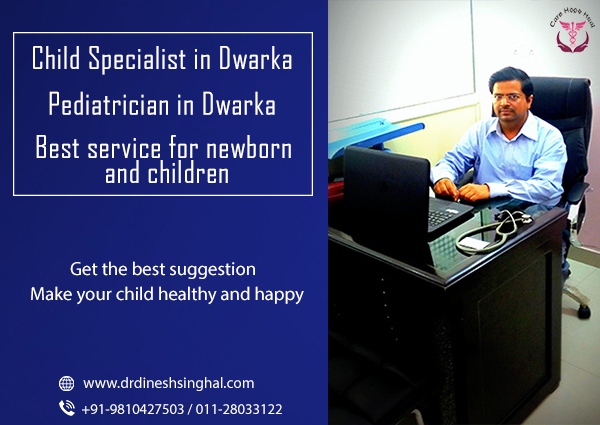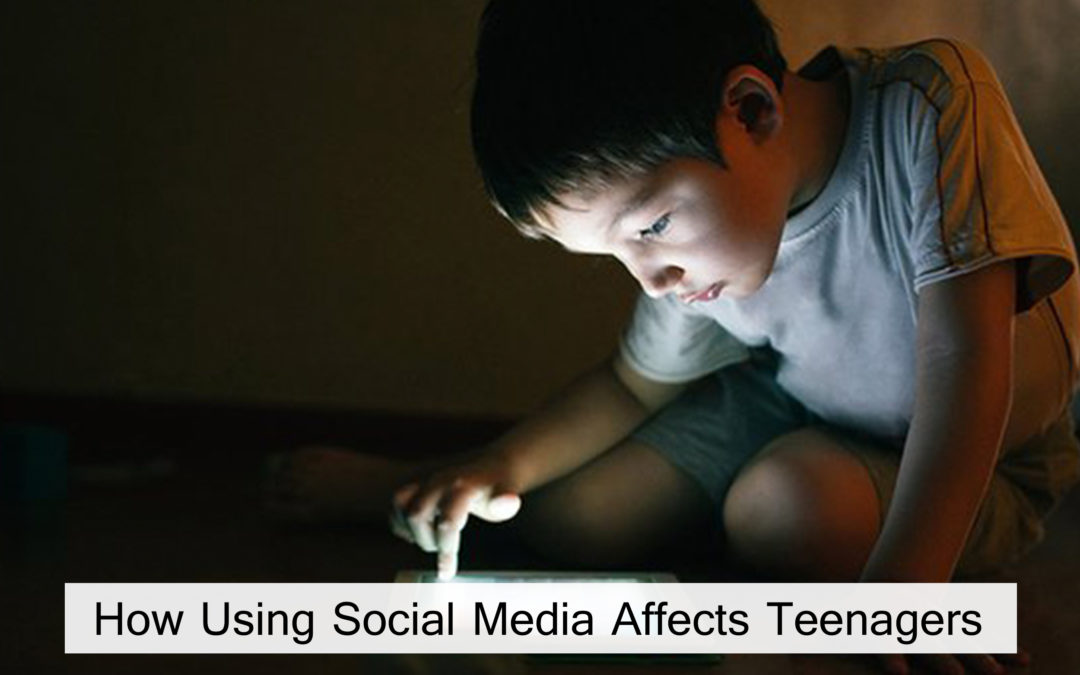How Using Social Media Affects Teenagers
In this article, you will learn about how using Social Media affects teenangers. Many parents fret about how exposure to technology will affect toddlers developmentally. We acknowledge our preschoolers are pulling up new social and cognitive professions at a remarkable pace, and we do not want hours spent stuck to an iPad to hinder that.
But youth is an equally significant time of rapid growth, and only a few of us are paying attention to how our teens use of technology—much more serious and intimate than a 3 year old playing with father ’s iPhone which is affecting them. In particular, specialists worry that social media and text messages that have grown so essential to a teenager’s life are increasing anxiety and lowering self esteem.
Modern people state that there might be a good reason to worry. A study conducted by the Royal Society for Public Health asked 14-24 year olds in the UK how social media platforms impacted their wellbeing and health. The study results discovered that Instagram, Facebook, Twitter, and Snapchat all led to an increased feeling of loneliness, anxiety, poor body image and depression.
Indirect Communication
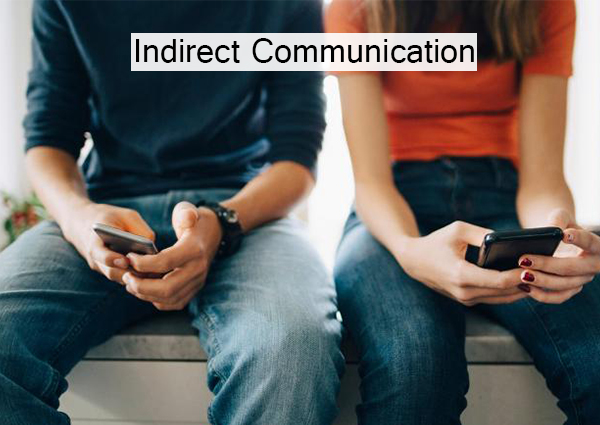
Teenagers are masters at keeping themselves involved in the hours following school till way the night. When they are not doing their homework (also when they are) they are online and on their mobile phones, scrolling, sharing, trolling, texting.
Of course, before everyone had an Instagram account teens kept themselves involved, too, but they were more likely to text them on their phones, or in person while hanging out in the mall.
It may have looked similar a lot of casuals hanging around, but what they were doing was trying out skills, and working and failing in tons of little real-time interactions that today’s kids are missing out.
One thing, modern teens are learning is to do most of their communication while staring at a screen. As a species, we are very deeply tuned in reading some social ideas.There is no question that, the kids are missing out on very important social skills. In a way, texting and communicating online-it is not like that, it creates a nonverbal disability, but it puts everyone in nonverbal disabled circumstances, facial expression, where body language, and also the smallest types of vocal reactions are represented invisible.
Lowering the Risks
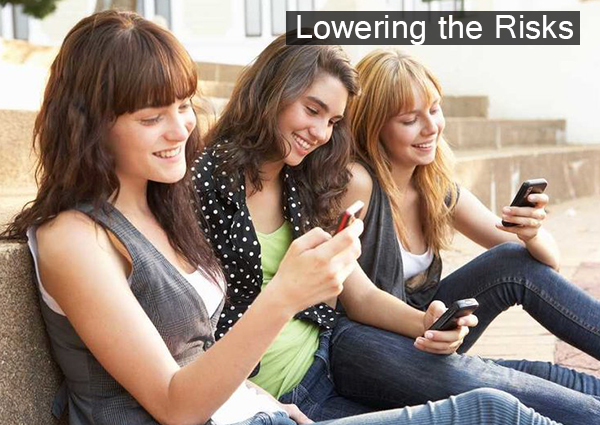
Certainly talking indirectly builds a barrier to open conversation, but that is not all. Learning how to make friends is also a major part of growing up, and friendship demands a particular amount of taking a risk. But it is also true for keeping the friendship.
When there are problems that require to be faced, it takes guts to be straight about your feelings and then listen to what the other person has to say. Studying to efficiently cross these bridges is part of a thing that makes friendship exciting and fun.
Part of good self esteem is understanding how to say, what you think and whatever you feel, even though you are in conflict with other people or it seems emotionally risky.
But when friendship is carried out online through texts, kids are doing this in a context stripped of the personal and sometimes intimidating features of conversation. It is easier to guard yourself up when you are texting because the conversation is not happening in real time, every individual can take more time to respond. for this Pediatrician in Dwarka is the best.
What Should Parents do?
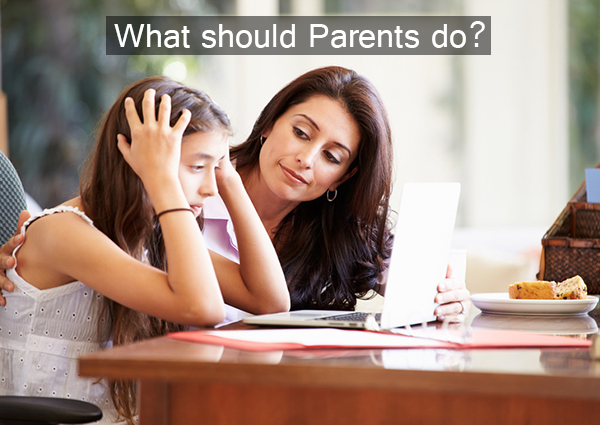
Experts agreed that the beneficial thing parents can do for minimizing the risks related to technology is to reduce your own usage first. It is up to parents for setting up a good example of what normal computer usage looks likes. Most of us keep checking our phones too much. Make technology free hours when no one uses their phones or computers.
